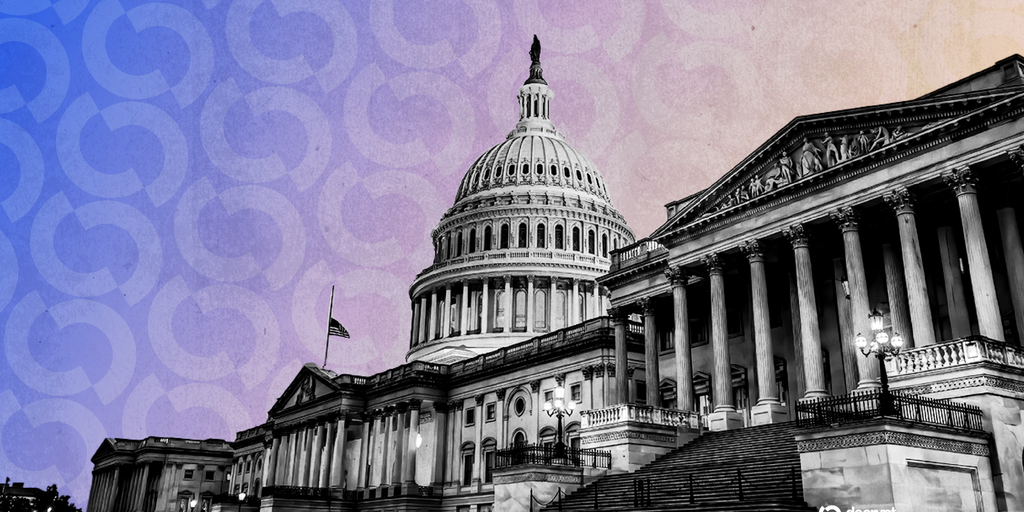Videogame developers at Disco Elysium studio ZA/UM have founded what they’re calling “the first recognised workplace union in the UK games industry”, operating as part of the Independent Workers Union of Great Britain. It’s yet another twist in the tale of a once-feted development studio who are now heavily associated with toxic layoffs, alleged fraud and diasporic feuding.
“The recognition process provides workers and management with a strong framework to engage and negotiate on workplace-related matters,” the unionised workers announce in a press release, passed along by Game Developer. “A committee of elected workplace representatives will regularly meet to discuss matters brought forward by the game developers at ZA/UM and management, with the support of union officials.”
The press release notes the past couple of year’s staggering quantity of mass layoffs, commenting that “job security [is] one of the union’s central focuses”. It includes thoughts from Eugenia Peruzzo, organising officer of the IWGB Game Workers Union, who comments that “recognition agreements lay the groundwork for a healthy relationship between the company and workers and rebalance the scale of powers after a few terrible years for the game industry and the redundancies we have seen happening at ZA/UM lately.” Peruzzo is confident that more UK videogame workers will unionise. “Rest assured that this is not a one off, but this is an avalanche in the making,” she says.
There’s a much fuller write-up of the situation on GamesIndustry.biz, which includes an interview with current ZA/UM president and Private Division co-founder Ed Tomaszewski. He observes of studio management’s negotiations with the emerging union “that when we did talk about it, it was clear that recognising a union was core to our values as a studio, to be providing fair working practices.”
In the GI piece, Tomaszewski also pushes back a little against some of the accusations or “characterisations” levelled at ZA/UM by certain former staff. I imagine that said former staff will be pushing back against Tomaszewski in turn.
Image credit: ZA/UM
ZA/UM have lost many of the people who made Disco Elysium a hit, but according to Game Developer, they now have “almost 100” people on the books after laying off a quarter of the studio and cancelling a Disco Elysium expansion early last year. Their current project is Zero Parades, a colourful espionage CRPG James summarised as “Disco Elysium in glasses and a moustache”, adding that “it isn’t always clear whether Zero Parades is inspired by Disco Elysium or beholden to it.”
Many of the departed Disco Elysium staff are now working on spiritual successors of one kind or another. Over at Summer Eternal, several former ZA/UM staff including writers Argo Tuulik and Dora Klindžić are making Red Rooster, which was recently teased in curious book anthology form. Longdue Games are making Hopetown, a psychogeogratuitous RPG which Nic summarised as “Nathan Barley on the bus”; their trueblood Disco complement includes ZA/UM’s co-founder Martin Luiga, plus Piotr Sobolewski from outsourcing team Knights of Unity. Dark Math Games boast of former Disco motion graphic designer Timo Albert and former ZA/UM producer and investor Kaur Kender; they’re making the recently renamed Tangerine Antarctic, which has a “dopamine buffet”.
I offer this summary to the next RPS staffer to write about ZA/UM-related matters, in frail hope that the situation won’t be anymore complicated by then. Oh god, I’ve just remembered we haven’t yet found out what former Disco writer Robert Kurvitz and artist Aleksander Rostov are making at their new outfit Red Info.


